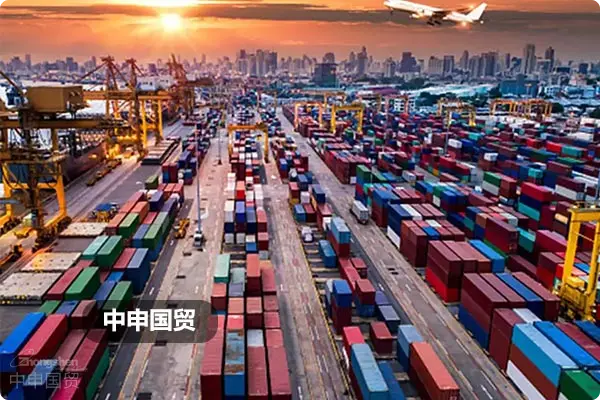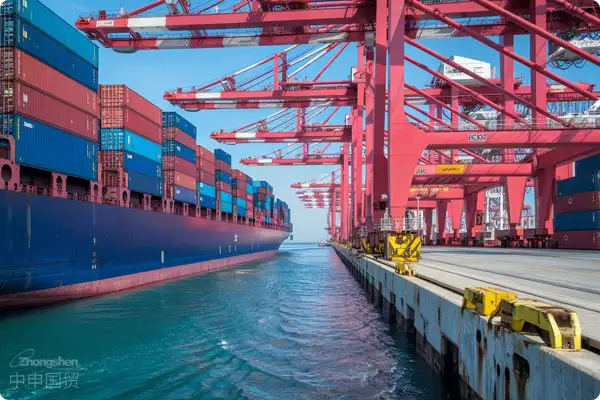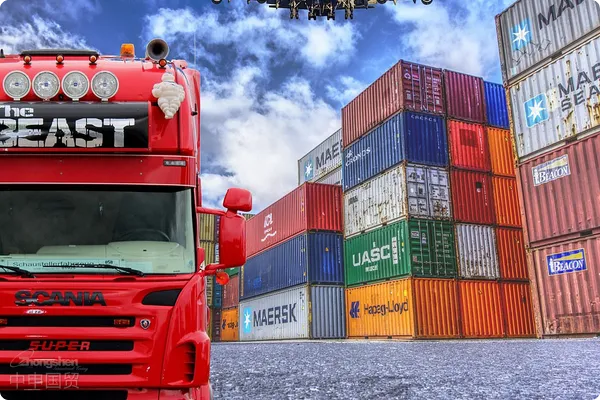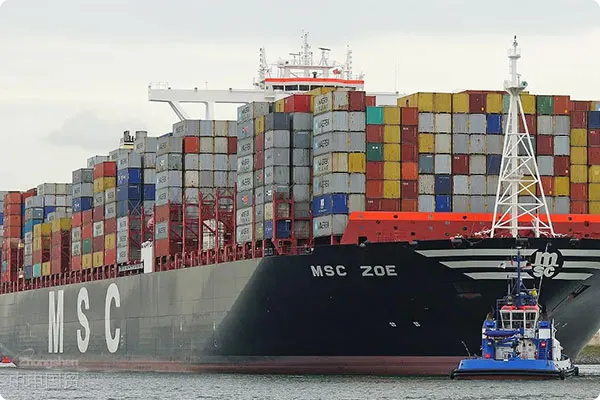- Shanghai Zhongshen International Trade Co., Ltd. - Two decades of trade agency expertise.
- Service Hotline: 139 1787 2118
Special equipment may be an unfamiliar term to many, but in fact, it is closely related to our daily lives. This article will provide a detailed introduction to the definition, characteristics, hazards, and customs supervision requirements of special equipment, helping everyone understand what makes it special.
I. Special Products
Definition and Scope
The Special Equipment Safety Law of the Peoples Republic of China stipulates that special equipment refers to equipment that poses significant risks to personal and property safety, including:
(1) Boilers
(2) Pressure vessels (including gas cylinders)
(3) Pressure pipelines
(4) Elevators
(5) Lifting machinery
(6) Passenger ropeways
(7) Large amusement facilities
(8) Special motor vehicles for use in designated areas (factories or sites)
In addition, other equipment specified by laws and administrative regulations to be governed by the Special Equipment Safety Law also falls under the category of special equipment.
Application Scenarios
Special equipment is widely used in various high-temperature, high-pressure, and other environments, and its operation may involve risks such as combustion, explosions, falls, and entanglement. Although seemingly special, they are commonly found in daily life, such as:
(1) Home heating:Boilers used for heating
(2) Transportation:Essential elevators
(3) Tourism and leisure:Ropeways commonly used for mountain climbing and large amusement facilities
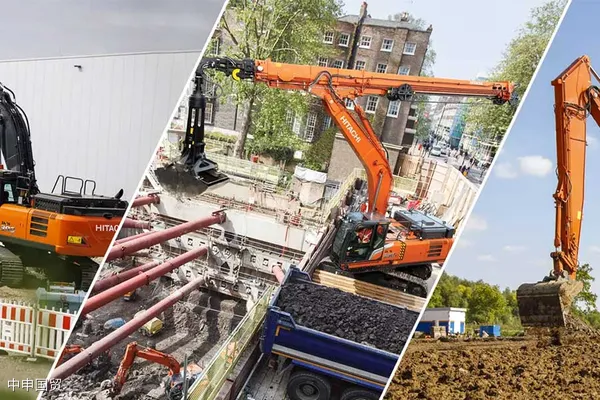
II. Special Hazards
The most significant difference between special equipment and general products lies in their high level of danger. Improper operations during production, use, or maintenance may lead to severe property damage and significant casualties.
Safety Hazards
In recent years, customs authorities have repeatedly discovered imported equipment containing pressure vessels without Chinese manufacturing permits or even prohibited used pressure vessels. If these unqualified imported special equipment enter the domestic market, they may pose safety hazards and cause personal and property losses. For example:
(1) Imported used forklifts:Unable to provide type test certification documents, posing operational and safety risks
(2) Pressure vessels:Unlicensed pressure vessels may cause explosion accidents due to quality issues
Case Analysis
Multiple cases have shown that unqualified special equipment malfunctions during use, leading to severe consequences. For example, an imported used pressure vessel that failed type testing ruptured during operation, causing significant casualties and economic losses. These cases all remind us that the safety of special equipment cannot be overlooked.
III. Specific Regulations
To ensure the safe use of special equipment, customs implements strict supervision on imported special equipment.
Online Verification
During the import declaration process, customs conducts online verification by cross-checking electronic data of the Special Equipment Manufacturing License and Type Testing Certificate withimport and exportthe electronic data of the cargo customs declaration. This means that imported special equipment must provide relevant manufacturing certification to pass customs smoothly.
Safety Inspection
At the destination inspection stage, customs conducts safety, health, and environmental protection inspections on imported special equipment. For example:
(1) Pressure-bearing Special Equipment:Including boilers, pressure vessels, gas cylinders, safety accessories, pressure pipeline components, etc., must provide manufacturing certification for verification during import declaration.
(2) Electromechanical Special Equipment:Including elevators, lifting machinery, passenger ropeways, large amusement facilities, special motor vehicles for sites (factories) and their components, etc., must provide type testing certification for verification during declaration.
Special Provisions
For certain imported pressure pipeline tubes and pressure pipeline valves, the Notice on Matters Related to Special Equipment Administrative Licensing issued by the General Office of the State Administration for Market Regulation in 2022 stipulates that manufacturers of these products must obtain the Special Equipment Production License of the Peoples Republic of China and pass type testing and manufacturing supervision inspection (or import safety performance supervision inspection) in accordance with relevant safety technical specifications. The transition period for this requirement ends on May 31, 2024.
IV. Customs Reminder
Enterprises planning to import pressure pipeline tubes and pressure pipeline valves should promptly understand the manufacturing license status of overseas manufacturers to avoid risks associated with importing unlicensed products. Customs recommends that enterprises thoroughly understand relevant laws, regulations, and technical specifications before importing special equipment to ensure compliance with Chinas safety requirements.
Special equipment, due to its high risk and stringent regulatory requirements, is indeed special in its emphasis on safety. Whether in production, import, or use, strict compliance with relevant regulations and standards is mandatory.
Related Recommendations
? 2025. All Rights Reserved. Shanghai ICP No. 2023007705-2  PSB Record: Shanghai No.31011502009912
PSB Record: Shanghai No.31011502009912

